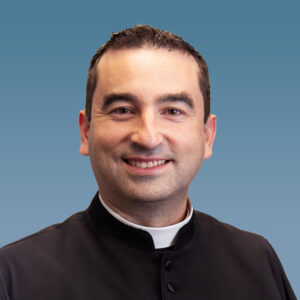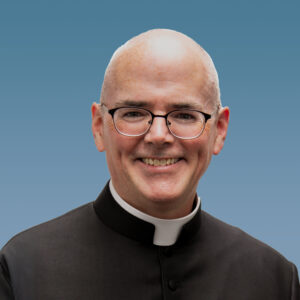The world tells you to find yourself. Religious life invites you to give yourself.
Consecrated life is a radical way of living the Gospel—not by climbing ladders of success, but by laying your life down in love. Men and women in religious life profess vows of poverty, chastity, and obedience, offering their whole lives to Christ and His Church. They live in community, pray daily, and serve in a wide variety of missions: from teaching to nursing, contemplative prayer to evangelization, helping the poor to defending human dignity. You may not know someone in religious life. But maybe you’ve felt the pull toward something more. Something deeper. Something sacrificial and joyful. If that’s you, this might be a place to start.
“For whoever wishes to save his life will lose it, but whoever loses his life for my sake and that of the gospel will save it.” Mark 8:35
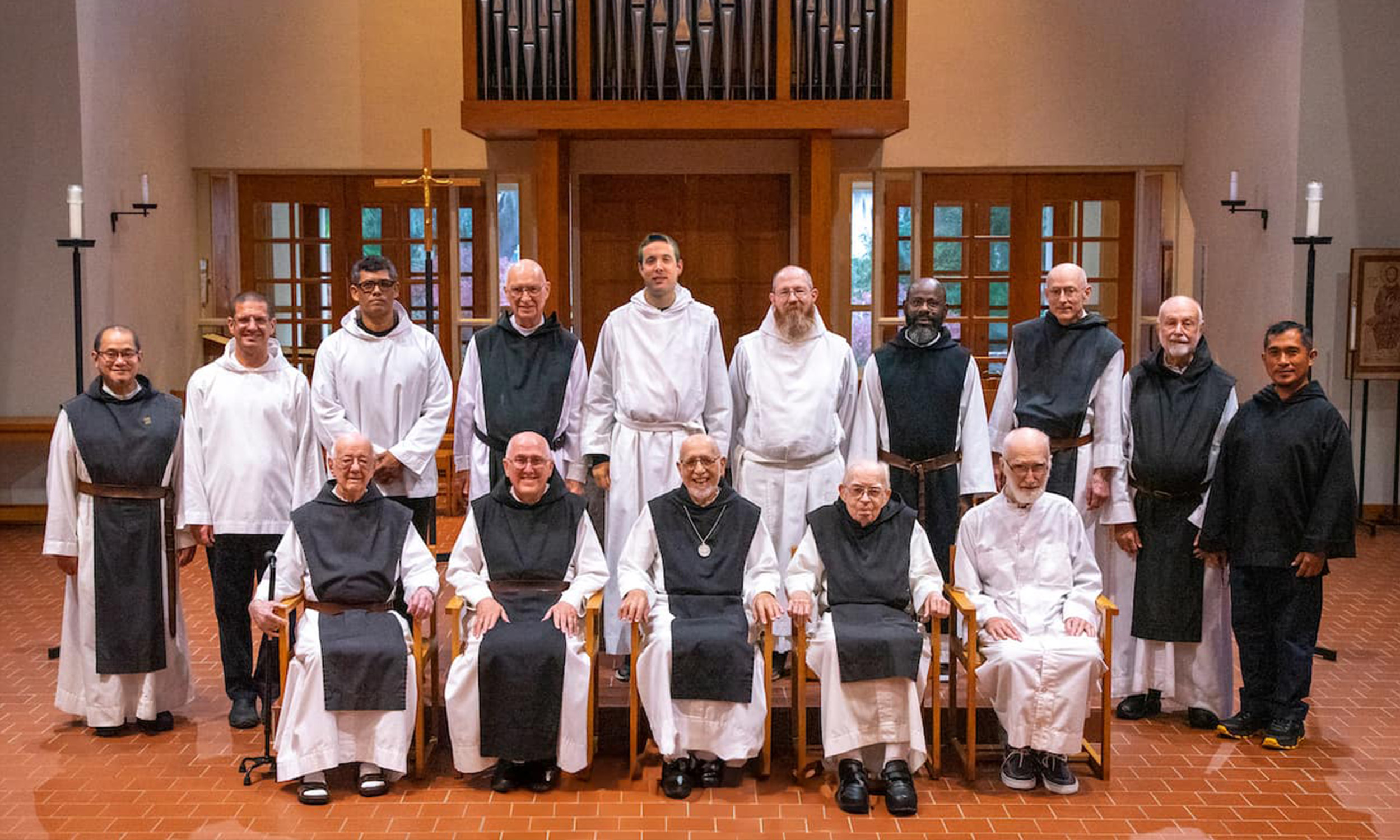
Religious Brotherhood
Religious brothers are consecrated men who live in community and serve the Church through their particular charisms—education, service to the poor, evangelization, manual labor, or countless other works of mercy. Some are lay brothers; others may also be ordained as priests. But all brothers are united by their vows and their shared mission.
They are often the steady, humble backbone of their communities: men of prayer, service, fraternity, and joyful witness.
Religious Orders serving the Diocese of Charleston
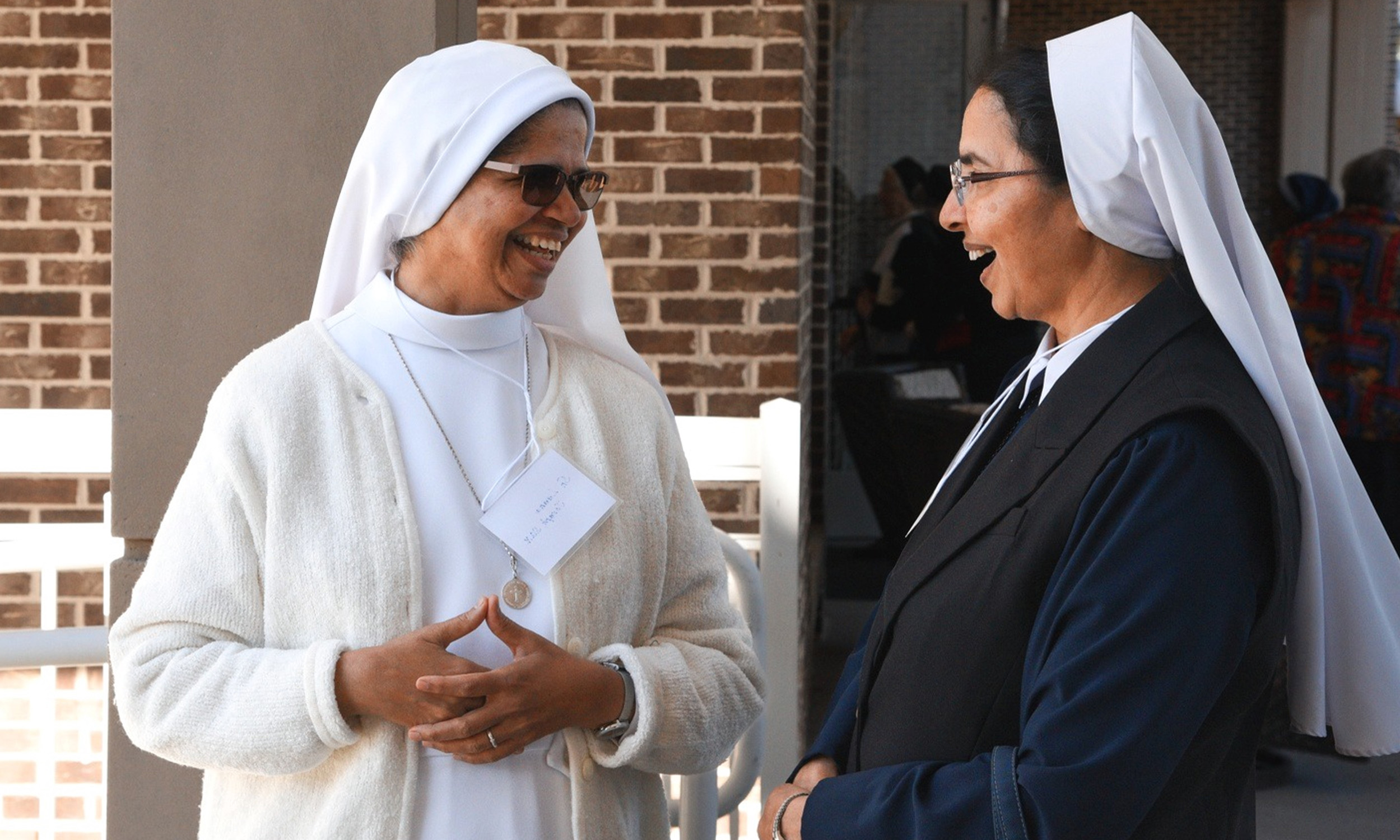
Religious Sisterhood
Religious sisters are consecrated women who live their lives entirely for Christ. Through their vows and community life, they bear witness to the joy, freedom, and fruitfulness of spiritual motherhood.
Some are contemplative, dedicating themselves to prayer and hidden sacrifice. Others are active, serving in schools, hospitals, missions, and apostolates across the world. All are living signs that Christ is enough—and that joy can be found in a life fully given to Him.
Religious Orders serving the Diocese of Charleston
Other Orders
Additionally, these orders also work throughout South Carolina:
- Daughters of Charity – migrant farmworker ministry
- Sisters of Notre Dame
- Congregation of St. Augustine
- Daughters of Wisdom
- Humility of Mary
- Order of St. Francis
- Congregation of St. Felix
- Congregation of Bon Secours
- Adrian Dominican
- Sisters of Charity of Nazareth Kentucky
- Disciples of Jesus the Good Shepherd
- Missionary Daughters of St. Jerome Emiliani
- Institute of the Blessed Virgin Mary
- Our Lady of Victory Missionary Sisters, Hispanic Faith Formation
- Daughters of St. Paul, or Paulines – moving from the diocese in 2023
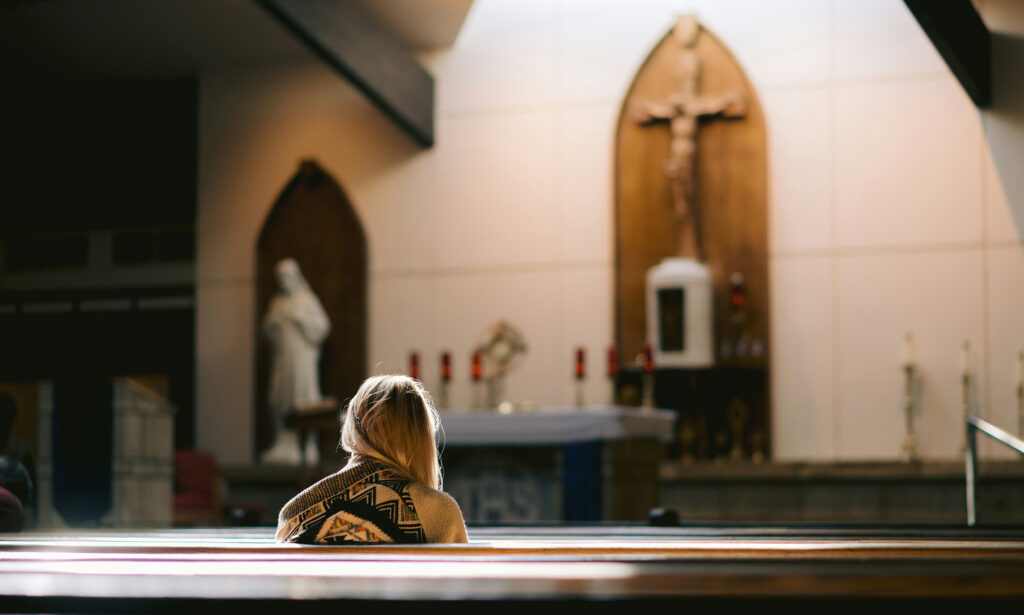
What is Consecrated Life?
Other Forms of Consecrated Life
Lay consecrated men and women live in the world while making vows or promises to dedicate themselves fully to Christ. They are often part of secular institutes, societies of apostolic life, or associations of the faithful.
Unlike religious brothers and sisters, lay consecrated individuals do not always live in community. They may hold jobs, live independently, and serve in a wide range of professional and missionary settings—while still living lives of prayer, sacrifice, and deep spiritual commitment.
Their witness shows that holiness is not confined to convents or monasteries. It can flourish in offices, classrooms, homes, and neighborhoods—anywhere a heart is fully given to God.
FAQ
Curious about what it might be like in religious life? You’re not alone.
They absolutely do. Joy is part of the vocation. You’ll find communities where recreation, storytelling, games, music, and simple fun are woven into life. Holiness isn’t joyless—it’s life lived to the full in Christ.
That’s why formation is a gradual process. There are stages—postulancy, novitiate, temporary vows—before final vows. If along the way it becomes clear this isn’t your calling, you’re free to leave, often with deeper clarity about where God is leading you.
Yes, in the sense that you freely let go of personal ownership to live in common with your community. But you gain so much more—a shared life, freedom from material burdens, and the joy of relying completely on God’s providence.
Both. You’ll explore different communities to see where you feel at home spiritually and missionally. At the same time, the community will get to know you and discern if you’re called to join them. It’s a mutual “yes” that’s confirmed over time.
Prayer anchors the day—Mass, Liturgy of the Hours, personal prayer. Around that, the daily schedule depends on the community’s mission: teaching, serving the poor, caring for the sick, manual labor, study, or evangelization. Community meals, recreation, and quiet reflection are also part of the rhythm. It’s a life ordered toward God and others, not toward self.
Not at all. True freedom isn’t doing whatever you want—it’s living fully for the purpose God created you. The vows of poverty, chastity, and obedience strip away the things that can enslave your heart, so you can love with an undivided, joyful freedom the world can’t offer.
-
Nuns are women in cloistered communities, devoted to a life of prayer and work within their convent.
-
Sisters live and work “in the world,” serving in ministries like teaching, nursing, or evangelization.
-
Monks are men in monastic communities who live by a rule of prayer, work, and stability, usually in one place.
-
Friars are men in mendicant orders (like Franciscans or Dominicans) who live in community but move among the people they serve.
Different titles, different lifestyles—but all centered on total dedication to Christ.
You don’t stop loving your family—you love them in a new way. Religious life calls you into a broader spiritual family, but you still stay connected to the people who formed you. You may see them less often, but your life of prayer and service becomes a gift for them, too.
The priesthood itself is the same for diocesan and religious priests, but the way they live it out is different. A diocesan priest serves his vocation among his brother priests (presbyterate) and within the parishes where he is assigned. A religious priest, on the other hand, is ordained to provide the sacraments for his community of brothers (and sometimes sisters). While it’s not the norm, religious priests are sometimes sent with their community to administer a diocesan parish to assist the local Church.

